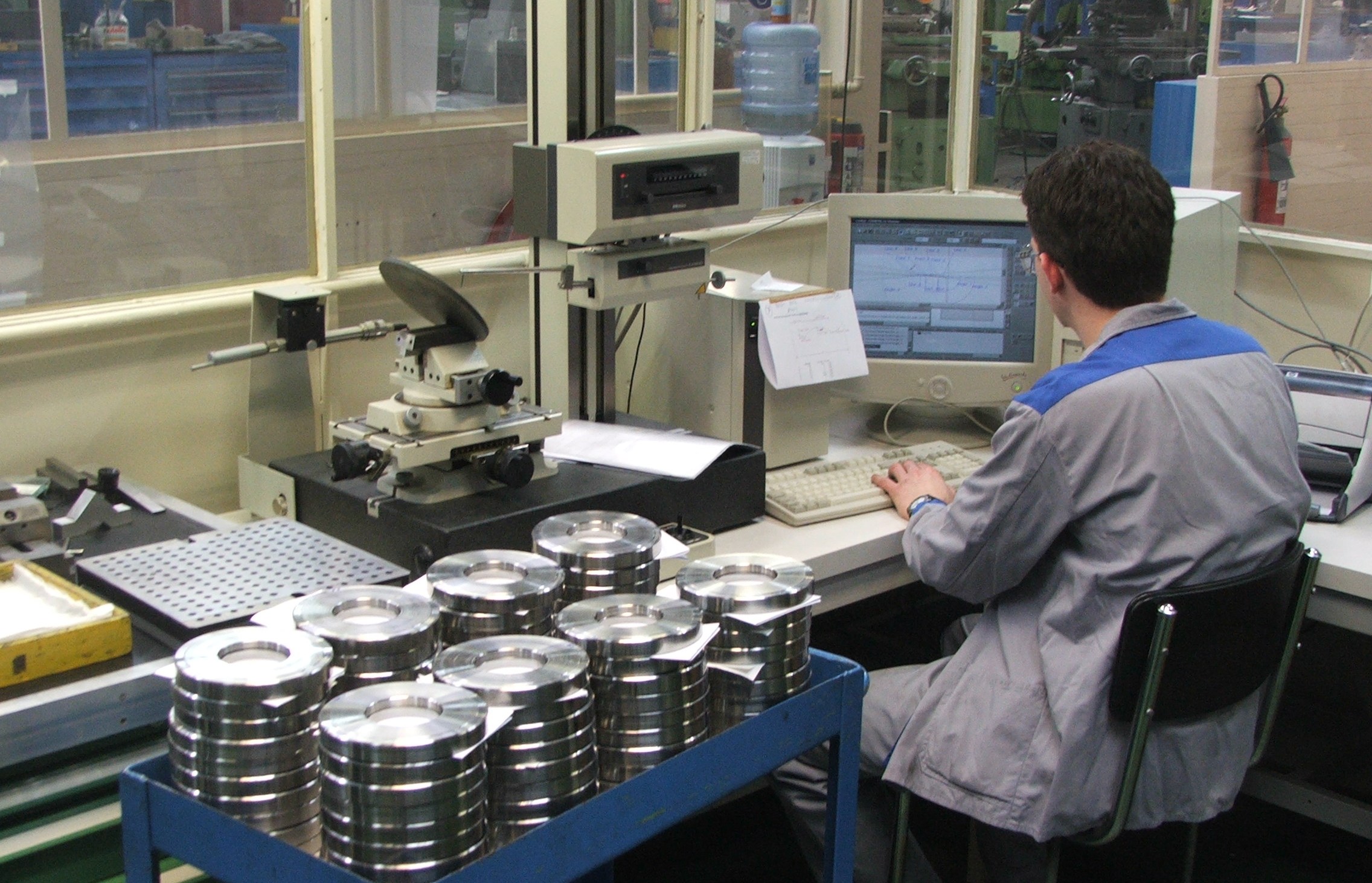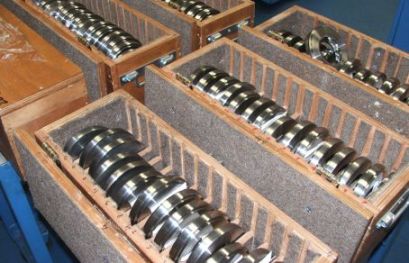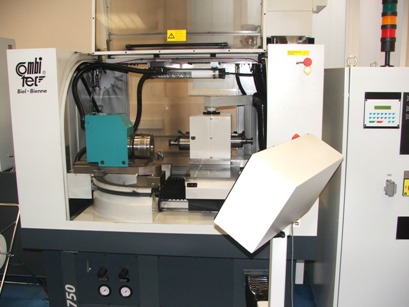Metal Packaging


With our precision machines and special measuring equipment we can regrind all types of carbide tooling. We make sure that your tools and dies are refurbished within the original tolerance.
Regrinding not only reduces the total cost of ownership of the tooling, but it also takes away the cost for expensive machines and qualified and experienced personnel to operate the machines. Since we are grinding tooling for many customers, we can be more cost effective than when you regrind your tooling in house. Our experienced and passionate operators guarantee that we deliver your refurbished tooling within the agreed delivery times.

Besides regrinding we can also take care of the logistical organisation in order to reduce your administration work. Ironing dies, punches and other tooling are picked up by CTD at fixed dates and exchanged for reground parts. This reduces your stock considerably and also reduces the total cost of your tooling.

All beverage can tooling is ground on high precision CNC grinding machines. Ironing dies are ground on a CNC Combitec internal grinding machine. Wear is removed respecting the profile within the tolerances of the original drawing. We can grind your rings with minimal material removal or we can grind them to exact diameters given by the customer.
Punches are ground on our CNC cylindrical grinders. After removing the wear we regrind the “step” within the original tolerance. For aluminium cans a special surface finish is applied in order to improve the lubrication between the punch and the can.
Cupper tooling is also reground in order to increase the total life time and reduce the total cost of the expensive tooling. Typical cupper tooling that is reground are “draw pads”, “cut edge dies” and “blank and draw dies”. Restoration of the original height of the tool is obtained by gluing a shim on the bottom of the tool.

Tooling for 2-piece food can are reground in the same way as beverage tooling.
Also the more expensive tooling for 3-piece food and aerosol can and ends are reground in order to optimally use the tooling. The life time of the tooling will be considerably increased reducing the investment cost for new tooling. Regrinding also reduces the necessary number of tools since regrinding is much faster than making new tools.